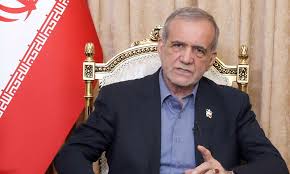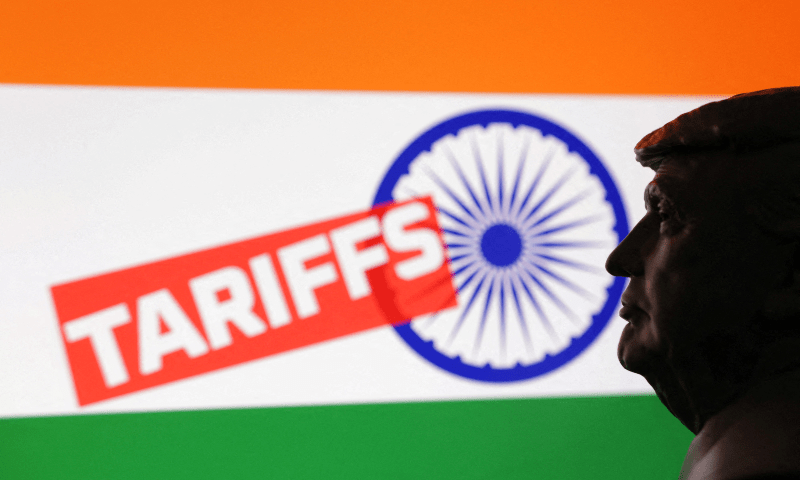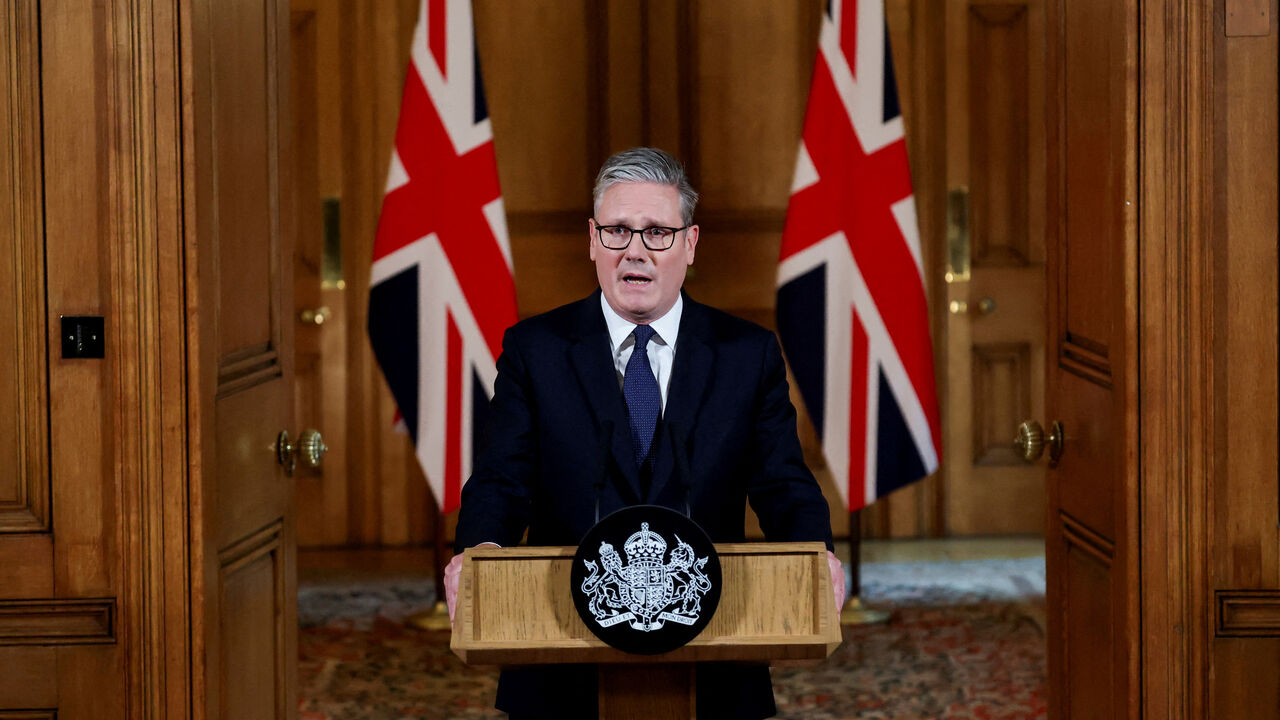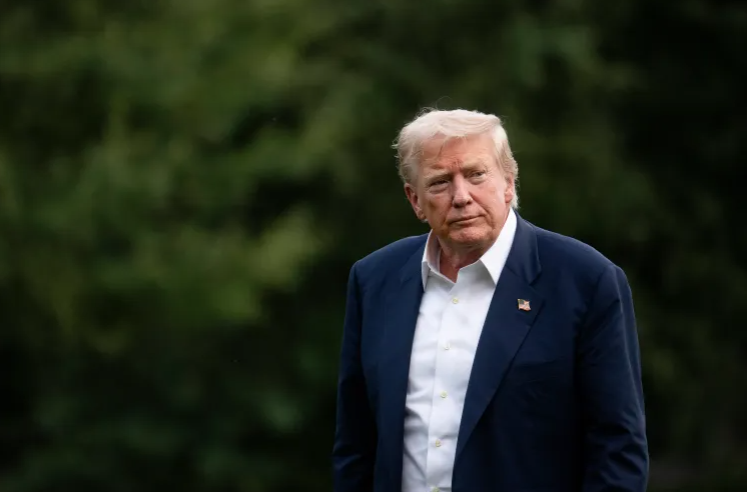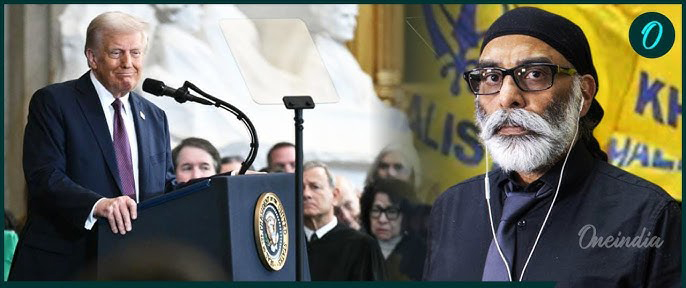WORLD NEWS
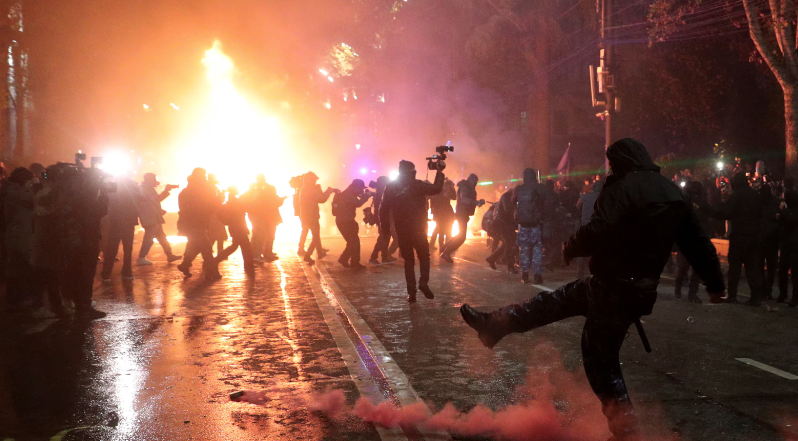
Tensions in Georgia have reached a boiling point after more than 100 serving diplomats signed an open letter criticizing the government's recent suspension of European Union accession talks. The diplomats, in their letter, decried the move by the ruling Georgian Dream party as a breach of the country's constitutional commitment to pursuing EU membership. The decision, announced on Thursday, has sparked protests and violent clashes in the capital, Tbilisi, where demonstrators rallied against the government's decision to delay EU accession talks until at least 2028.
The protest, which saw hundreds of citizens take to the streets in defiance of the government's decision, turned violent overnight, with riot police using water cannon, tear gas, and pepper spray to disperse the crowds. The interior ministry reported that 43 people were arrested, while 32 police officers were injured in the unrest. Demonstrators were seen attempting to break through metal barriers outside parliament in a bid to voice their discontent.
The European Union's Ambassador to Georgia described the government's move to suspend EU accession talks as "heartbreaking," condemning the use of force against protesters. The EU has long supported Georgia’s aspirations to join the bloc, and this setback has prompted a strong response from European officials.
Opposition and Public Outrage
The decision to halt the EU bid has not only provoked protests but also fierce criticism from opposition parties. The largest opposition group, the Coalition for Change, has accused the Georgian Dream party of undermining the nation's future by freezing its European aspirations. Two female leaders from the opposition coalition were reportedly injured by police during the protests, with one suffering a broken hand and the other a broken nose. Nika Melia, a prominent opposition figure, called for renewed protests on Friday, urging citizens to continue their fight for a pro-European future for Georgia.
Georgian Dream, which claimed victory in the October parliamentary elections with 54% of the vote, has been embroiled in controversy over allegations of election fraud. Opposition parties have refused to recognize the election results, further intensifying the political crisis in the country. The ruling party has defended its decision to suspend EU talks, accusing Brussels of "blackmail" and insisting that Georgia should not be coerced into making decisions that do not align with its national interests.
Diplomatic Fallout and Presidential Response
The letter from over 100 diplomats marks a rare act of open defiance from Georgia's foreign service, underscoring the depth of opposition to the government's stance. President Salome Zourabichvili, a vocal pro-European figure with mostly ceremonial powers, expressed her concern over the move and urged Georgian diplomats to publicly oppose the suspension of EU talks. She has long been critical of Georgian Dream's increasingly pro-Russian stance, particularly as the country has moved further away from its European ambitions.
In her statement, Zourabichvili called on the Georgian people to continue fighting for a future that aligns with European values, even in the face of governmental obstruction. Her calls for unity in supporting EU integration contrast with the government's accusations of "blackmail" and the growing influence of Russian interests in Georgia.
The Road Ahead
As Georgia faces growing internal divisions, the future of its EU accession bid remains uncertain. The protests and diplomatic opposition are symptomatic of broader concerns about the direction the country is heading under the Georgian Dream party's rule. Many Georgians fear that the suspension of EU talks signals a closer alignment with Russia, potentially leading to a loss of Georgia’s sovereignty and its aspirations for democratic and economic development within the European Union.
For now, the opposition, civil society, and diplomatic community in Georgia are rallying to defend the nation's European future. The next steps in this political crisis will likely shape Georgia's future trajectory, with both the EU and the international community watching closely as events unfold in the coming days.
